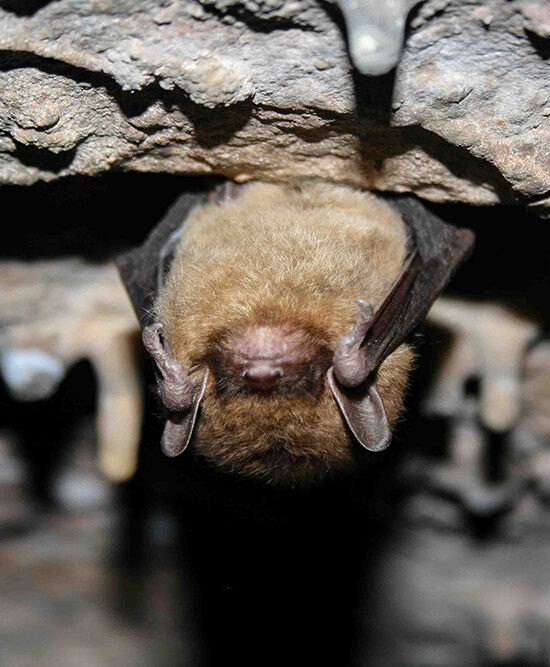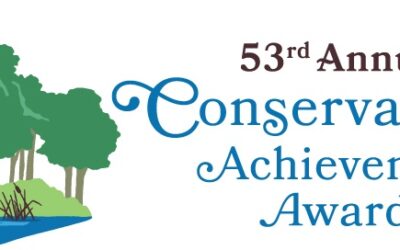Growing Need for Long-Term Funding
The hard-earned conservation successes from the past century are at risk. In the early 1900s, conservationists ignited a movement to find management and funding solutions for our land, wildlife, forests, and water. The problems of today are more complex but share the same foundations. This means it is time to come together again to address the growing need for long-term conservation funding.
Conservation Does Not Happen Without Funding
Tennessee has a rich history in conservation. Wildlife and habitats that were once on the brink of extinction have been restored thanks to dedicated conservationists working together to ensure the proper resources were made available.
The 1937 Pittman-Robertson Wildlife Restoration and 1952 Dingell-Johnson Sport Fish Restoration Acts are the foundation of our country’s fish and wildlife conservation funding, but they are proving not to be enough. First, these funding sources rely on hunters and anglers through special taxes on equipment sales and license purchases, but the challenges facing our game and nongame wildlife are more numerous, more costly, and more complex. Add to this that the number of hunters and anglers fluctuates annually, and there is a clear need for enhanced long-term conservation funding.
Recently, Recovering America’s Wildlife Act (RAWA) was set to provide $1.4 billion annually nationwide—including $22.7 million to Tennessee for management of nongame wildlife species to prevent them from becoming federally threatened or endangered. When the bill passes, it will be a historic win for thousands of species in greatest need of conservation. Unfortunately, the bill was not included for passage in 2022, but a new version will soon be introduced in spring 2023.
Managing federally threatened and endangered species is expensive, and oftentimes filled with conflict. RAWA will help to prevent these conflicts through a cooperative conservation approach, and will do so at a reduced cost to our citizens. As the old saying goes, “an ounce of prevention is worth a pound of cure.” Securing passage of RAWA will require you making your voice heard in support, and coming together with other like-minded wildlife enthusiasts to ensure the wildlife and wild places of our great state can be conserved.

Speak out
Help lead Tennessee's wildlife and habitat conservation movement by making your voice heard.
Give
Your generosity helps manage wildlife populations and restore habitats for a more vibrant Tennessee.
Sign up for action alerts
Learn More
Federation Leads Affiliates with Collaborative Grant
As the National Wildlife Federation Affiliate of the Year, Tennessee Wildlife Federation strives to be a leader among the affiliates. In that spirit, and because the future of our wildlife depends...
53rd Annual Conservation Achievement Awards Recognize Conservation Leaders
On Friday, May 18, the Federation hosted its 53rd Annual Conservation Achievement Awards, at Loveless Cafe Barn, in Nashville.
You are the Key to Keeping Public Lands in Tennessee
Tennessee is home to approximately 2.4 million acres of public land and waterways. These lands include national parks, wildlife refuges and forests, state parks and forests, and local parks....




